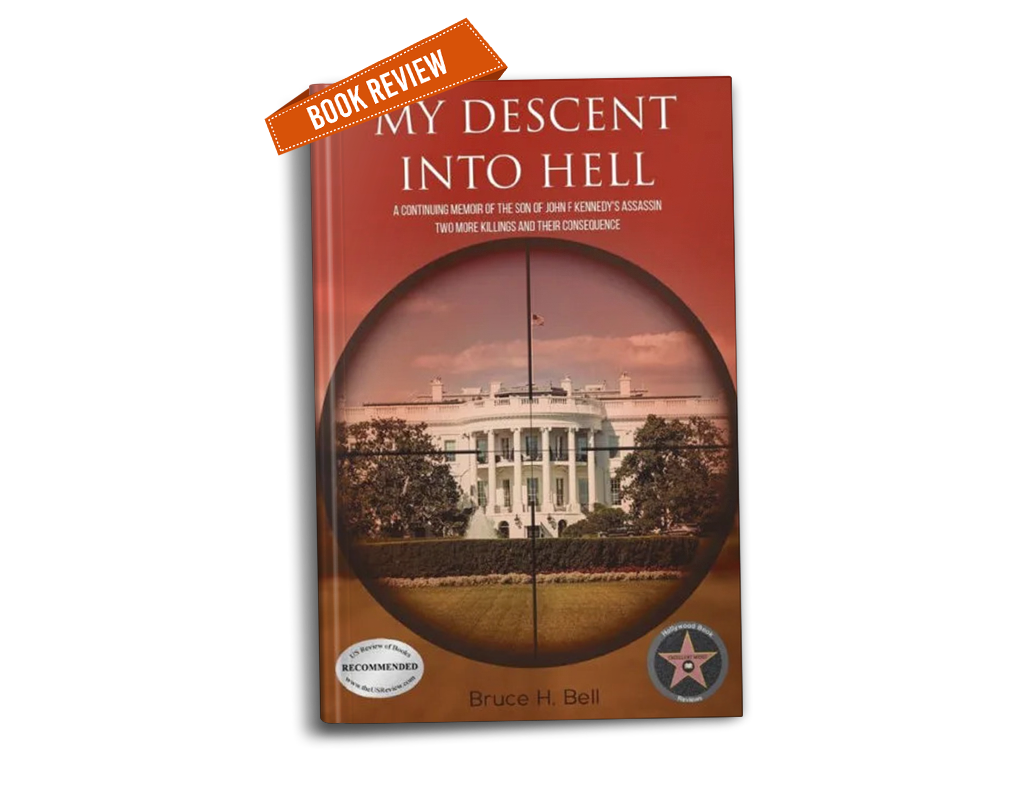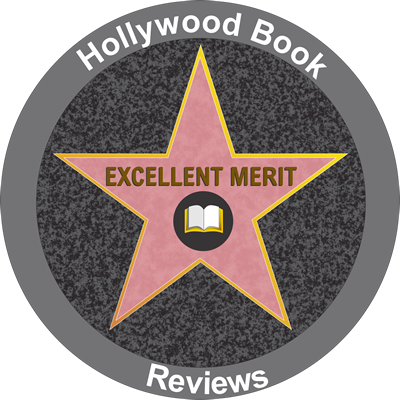Home » My Descent Into Hell – Bruce H. Bell | Reviewed by: David Allen, Hollywood Book Reviews



On November 22, 1963, ‘Camelot’ ground to a halt. On that day, the convergent vectors of history, misalliance and doom rained down upon the open-air limo of JFK – and changed everything.
The report of the Warren Commission, convened to investigate the assassination, was twenty-six volumes long. Generations of journalists, conspiracy theorists and pundits sought – and continue to seek – threads that might explain the event.
Don DeLillo’s epochal novel Libra sketched a chilling scenario involving the deadly play of stakeholders and interest groups, including veterans of the failed Bay of Pigs assault; CIA operatives, present and past; and tawdry super conservative elements ready, eager, and waiting to pull the trigger.
Take a look at Bruce H. Bell’s My Descent into Hell, the latest addition to the towering Babel of memoir, speculation and tell-all. Bell’s narrative – and by his account, his personal involvement in the murder – is at once bizarre and horrifying – yet possibly true.
The memoir opens with the following heart-stopping passage: [I]…had witnessed my father’s participation in monumental assassinations of President John Kennedy, Martin Luther King, and Robert Kennedy.
Although I had originally bought into the necessity of the President’s assassination on November 22, 1963, I had since become disillusioned, and told him so.
Bell’s father sardonically engineers a near-fatal horseback riding ‘accident’ for Bruce; Bruce can no longer deny the fact his parents were crazy, malevolent, and capable of doing great harm. Bell’s dad, a consultant to the aerospace and industry, rode with the movers and shakers of what was then termed ‘the military-industrial complex.’ They had their fingers in every pie; aligning politics and business – hang the consequences – so as to maximize personal profit and influence.
Where was Oswald in all this? “Lee Harvey Oswald…I got to know fairly well and liked.”
This book is the dirty underbelly of recent American history, as related breathlessly but with candor in the dank confines of some confessional booth. Bell, ever the mindful historian, provides a rundown of assassinations attempted and/or completed; an account of his own years in the military, during those all too eventful times; a mordant analysis of attempts to cover up the JFK execution; and a fascinating perspective on the psychedelic craze of the ’60s.
Somehow it all hangs together. Extraordinary times spawn extraordinary people and events. Bell shares his ultimate personal discovery with us: “I was exploited, manipulated, and taken advantage of in a cruel manner. I was being traumatized by what amounted to severe abuse, toxic stress.” Later on, he paid again and again for this martyrdom, with teeth-gnashing experiences as a psychiatric patient.
I like this book – very much. Bell is a survivor of harrowing personal and political upheaval – his private Golgotha, hell, and crucifixion. The temptation of course is to dismiss an account like this as fiction, dreamed up by a disenfranchised voice with some kind of axe-to-grind.
But what if it’s true?
